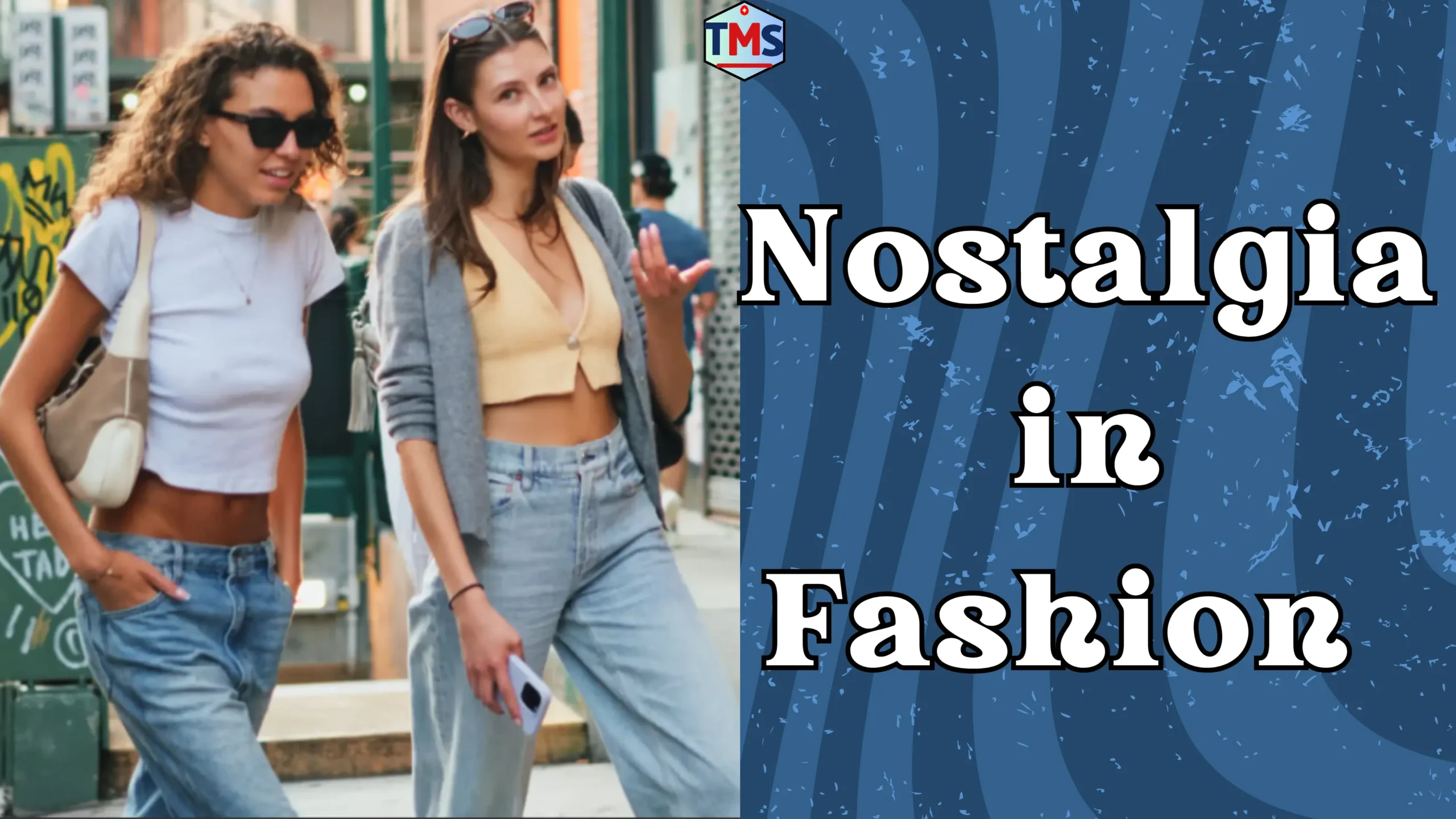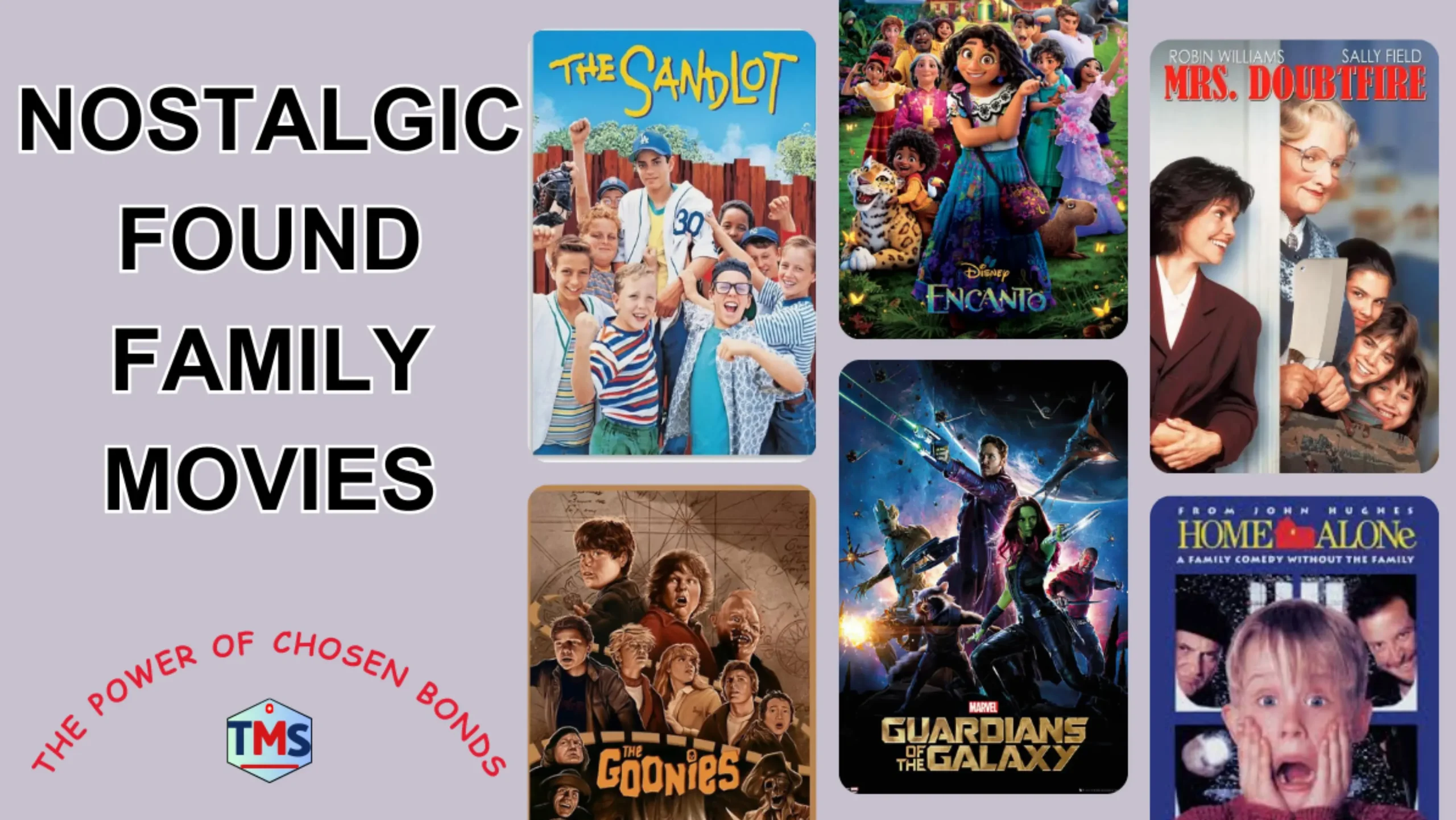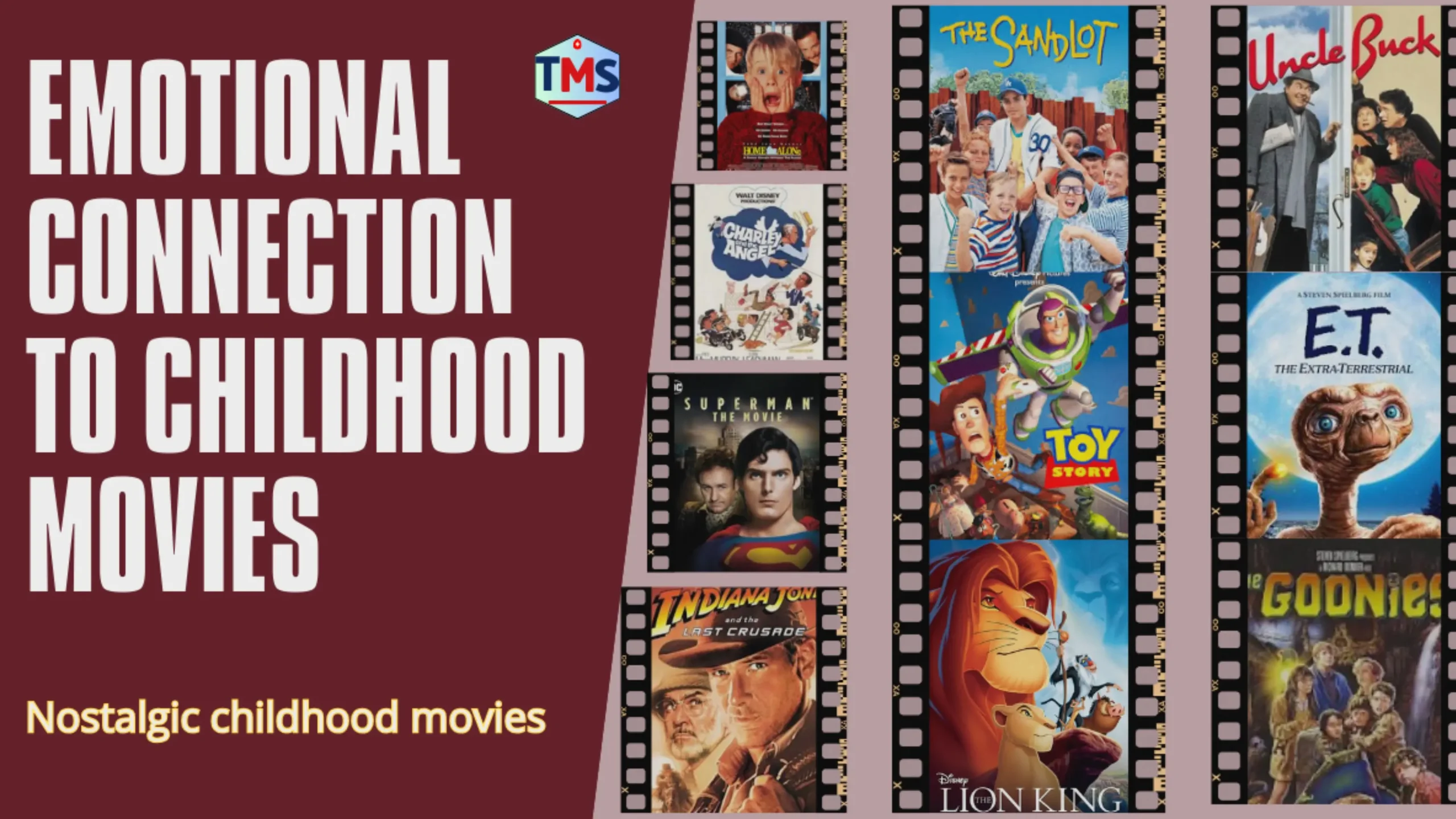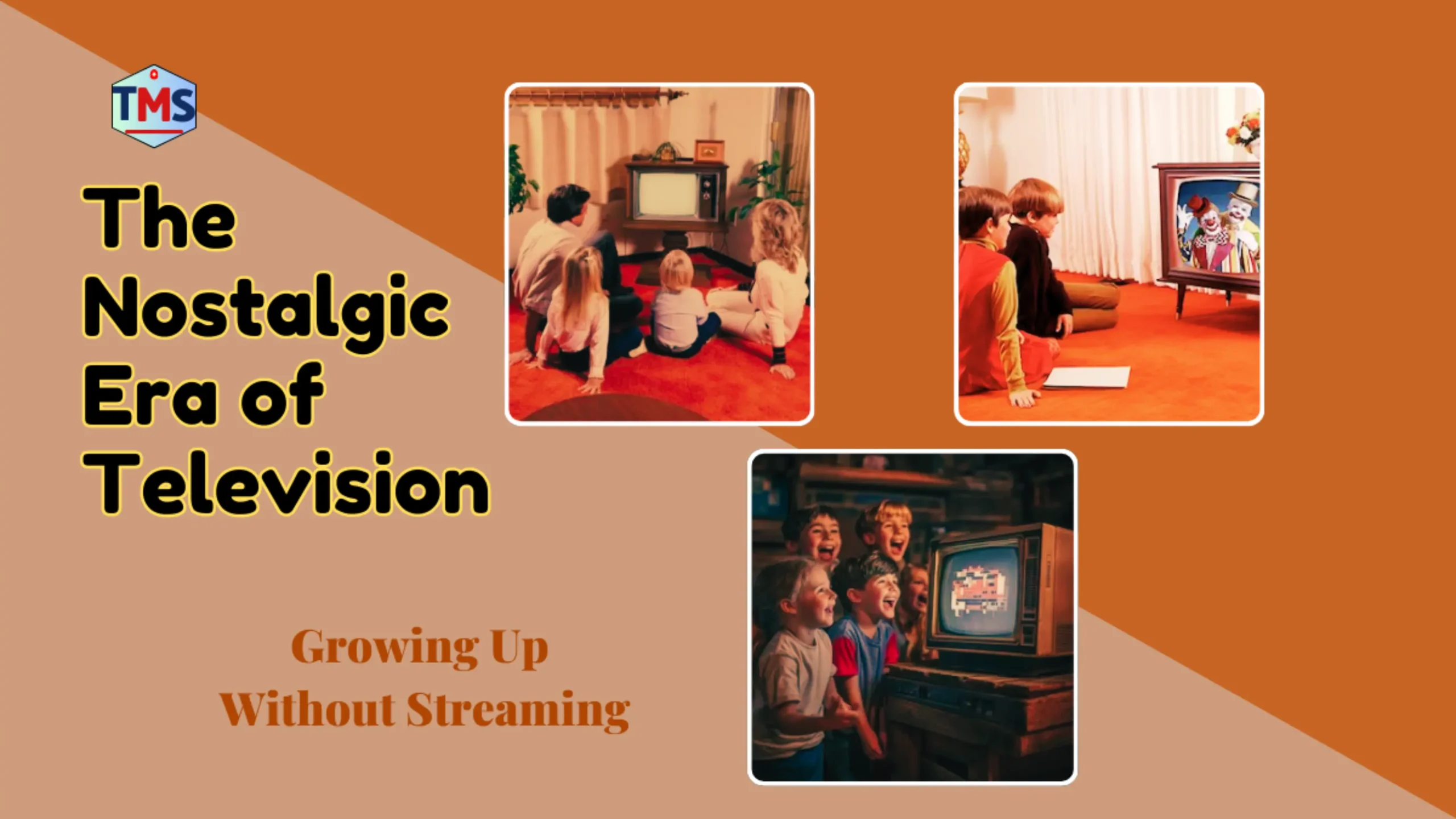Exploring The Brain on Nostalgia
My Memories
Alright, let’s talk about The Science Behind Nostalgia. There’s something magical about hearing the crackle of an old vinyl record. Every time I place the needle down and hear that familiar pop, it feels like opening a time capsule. It transports me straight to my grandmother’s living room, where her wooden stereo console hummed with the voices of The Supremes or Elvis Presley. I was just a kid then, too young to understand the significance of those moments, but old enough to feel their weight—a weight I now recognize as nostalgia.
Nostalgia, often described as a bittersweet longing for the past, is more than just a sweet, sweet feeling—it’s a complex emotion based in neuroscience and psychology. For marketers, understanding the science behind nostalgia can unlock powerful strategies to connect emotionally with audiences and boost brand loyalty and engagement. This article explores the brain mechanisms, psychological effects, and biological underpinnings that make nostalgia such a powerful force.
The Science Behind Nostalgia: What Happens in Your Brain?
Nostalgia and the Brain: Who’s Running the Show?
Let’s talk brain regions, because nostalgia isn’t just a vague wistfulness; it’s a complex neural dance. Neuroscientists have pinpointed key players involved in nostalgic recall:
- Hippocampus – This seahorse-shaped structure is nostalgia’s home base. Responsible for memory formation, the hippocampus helps retrieve past experiences when something—like an old tune—triggers a trip down memory lane.
- Prefrontal Cortex – This part of the brain is responsible for decision-making and emotion regulation. When nostalgia strikes, the prefrontal cortex helps us assign meaning and emotional weight to past experiences.
- Amygdala – The emotional command center of the brain. Nostalgic memories tend to be emotionally charged, and the amygdala ensures we feel those emotions deeply.
- Mesolimbic Pathway (Dopamine Central) – Nostalgia often triggers the brain’s reward system, leading to the release of dopamine—the “feel-good” neurotransmitter. This explains why reminiscing about joyful moments from the past can boost mood and even alleviate stress.
Unlocking the Science of Nostalgia: Brain, Biology & Benefits
In a fascinating study by Wildschut et al. (2006), researchers found that nostalgia plays a crucial role in psychological well-being. Their study concluded that nostalgia increases self-esteem, fosters social connectedness, and even counteracts loneliness. In essence, those sentimental flashbacks aren’t just making us emotional—they’re acting as a natural antidepressant.
Another study by Routledge et al. (2013) explored the link between nostalgia and stress relief. Their research showed that indulging in nostalgia can enhance feelings of belonging and existential meaning. In other words, nostalgia reminds us that we’ve had meaningful experiences, reinforcing our sense of identity.
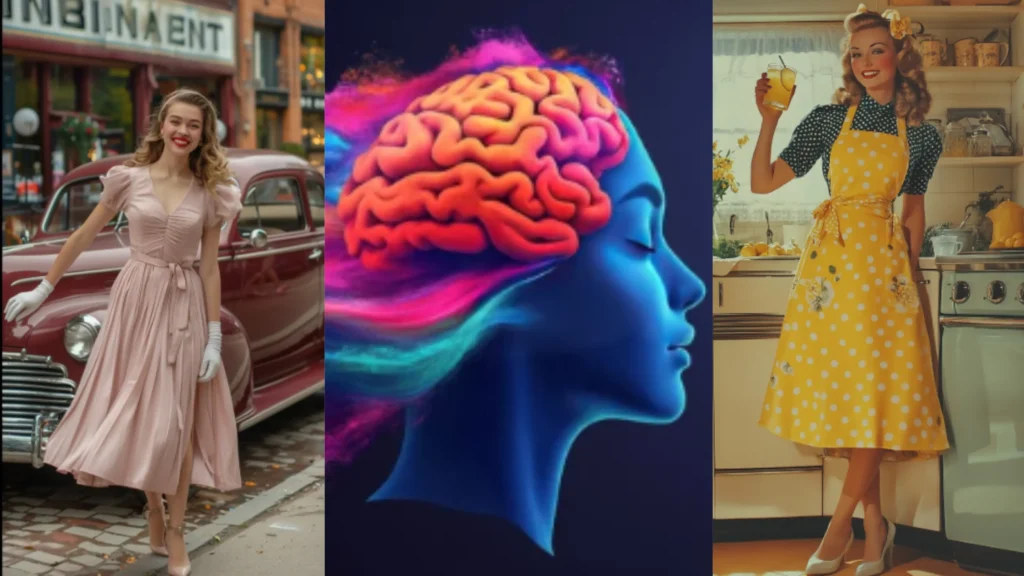
Psychological Mechanisms
Nostalgia isn’t just a neurological event, it’s a psychological phenomenon with profound implications:
- Boosts Mood and Self-Esteem: Recalling positive memories improves mood and self-esteem, which acts as a psychological protective shield against stress. Studies show that nostalgia can lower cortisol levels, thereby promoting emotional health.
- Promotes Social Connection: Nostalgia often involves memories of loved ones or shared experiences, which strengthens a sense of belonging. This is why campaigns that reference shared cultural moments (e.g., 90’s TV shows) connect with a wide audience.
- Provides Meaning and Continuity: By connecting past experiences to the present, nostalgia gives individuals a sense of purpose and identity. Marketers can leverage this to create campaigns that feel personal and relevant.
Biological and Evolutionary Roots
Nostalgia serves a biological purpose, rooted in human evolution:
- Stress Reduction: Biologically, nostalgia acts as a stress-relieving mechanism, reducing stress by inducing the release of feel-good neurotransmitters like dopamine and serotonin. This makes it a natural antidote to anxiety or loneliness.
- Evolutionary Advantage: Evolutionary psychologists suggest that nostalgia evolved to promote social connectedness and resilience. Early humans who remembered positive group experiences were likely more motivated to cooperate, thereby aiding survival. Today, this trait makes nostalgia a powerful tool for building brand community.
Digital Nostalgia: A Modern Phenomenon
With social media constantly showing us our memories from years past, we’re experiencing what researchers call “accelerated nostalgia“—feeling nostalgic for events that occurred just a few years ago. Research by Davalos et al. (2015) suggests that this digital-age nostalgia might function similarly to traditional forms, but with some unique characteristics due to its mediated nature and compressed timeframe.
I sometimes wonder what my grandmother would think about me feeling nostalgic for a Facebook post from 2012. The mechanisms may be the same, but I suspect she’d find the timeframe rather amusing!
Conclusion
The science behind nostalgia reveals it to be a powerful blend of memory, emotion, and biology. By activating the hippocampus, amygdala, and reward system, nostalgia creates a pleasurable experience that improves mood, promotes engagement, and reinforces identity. For marketers, harnessing this science means crafting campaigns that resonate on a deep emotional level, boosting engagement and brand loyalty. Whether it’s a throwback ad or a nostalgic product launch, the power of nostalgia lies in its ability to make consumers feel a connection to both their past and your brand.
Nostalgia Pioneers: Top Researchers Exploring Nostalgia
1. Dr. Constantine Sedikides
A professor at the University of Southampton, Dr. Sedikides has extensively studied nostalgia’s psychological functions. His work reveals that nostalgia is a complex, bittersweet, identity-based, and social emotion with existential undertones, linking the past with the present and future. He co-authored the article “The psychological, social, and societal relevance of nostalgia,” which discusses these aspects in detail.
Notable Article:
Music-Evoked Nostalgia: Affect, Memory, and Personality, 2010
FS Barrett, KJ Grimm, RW Robins, T Wildschut, C Sedikides, P Janata
Emotion 10 (3), 390
2. Dr. Tim Wildschut
At the University of Southampton, Dr. Wildschut collaborates with Dr. Sedikides to explore nostalgia’s place among self-relevant emotions. Their research indicates that nostalgia shares similarities with emotions like pride and self-compassion, contributing positively to one’s self-concept. The paper “Nostalgia’s place among self-relevant emotions” offers an in-depth analysis.
Notable Article:
A Blast from the Past: The Terror Management Function of Nostalgia, 2008
C Routledge, J Arndt, C Sedikides, T Wildschut
Journal of experimental social psychology 44 (1), 132-140
Spotify: The Science of Nostalgia
Podcast with Chan Hellman, PhD, and Jacqueline Mattis, PhD
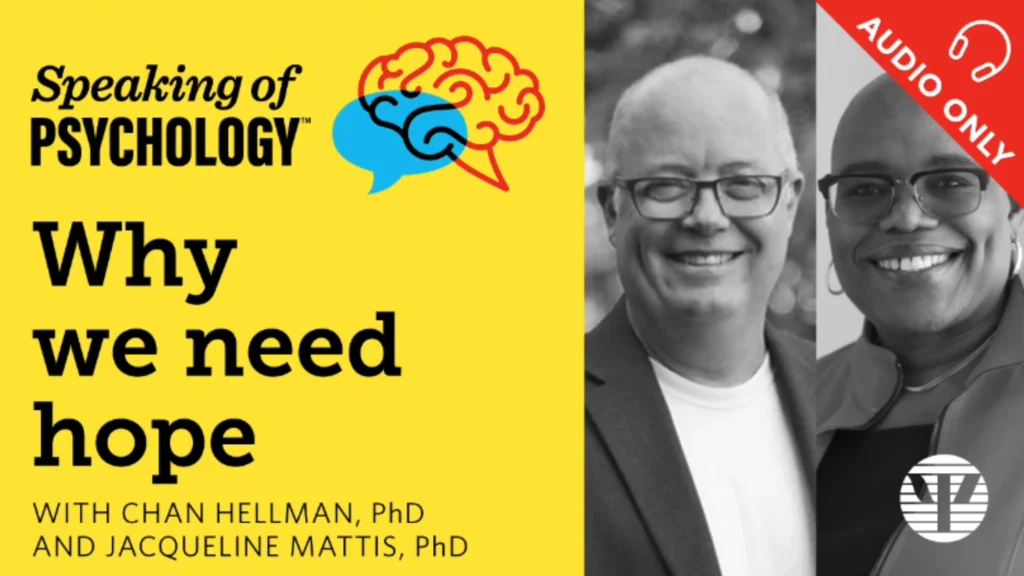
Frequently Asked Questions (FAQs)
Is there a scientific explanation for nostalgia?
Yes, nostalgia has a solid scientific explanation. It was initially ignored as a medical ailment in the 17th century, but modern science has defined it as a normal and often beneficial human emotion. Research in psychology, neuroscience, and sociology has shown that nostalgia is a universal experience across cultures and is associated with specific brain activity, hormonal responses, and psychological outcomes. Studies consistently show its positive effects on mood, social relationships, and self-identity.
Why is nostalgia healthy?
Nostalgia is healthy because it acts as a psychological safeguard against stress and loneliness. It promotes positive emotions, boosts self-esteem, and strengthens social connections by reminding people of meaningful relationships and experiences. Studies show that it can lower cortisol levels and improve mood. Marketers use it to create campaigns that feel comforting and relatable, boosting consumer trust and loyalty through emotional resonance.
Does nostalgia release dopamine?
Yes, nostalgia triggers the release of dopamine, a neurotransmitter associated with pleasure and reward. When we recall fond memories, the brain’s reward system, including areas such as the ventral striatum, activates and produces dopamine. This leads to a pleasurable feeling, which is why nostalgic experiences are so appealing. Marketers use this dopamine rush to make brands memorable, and encourage consumers to associate positive emotions with their products or services.
Can nostalgia influence consumer behavior?
Yes, nostalgia can impact consumer behavior, leading individuals to seek products or experiences reminiscent of the past, a phenomenon known as “nostalgia consumption.
What does nostalgia do to your brain?
Nostalgia activates several areas of the brain, including the hippocampus for memory retrieval, the amygdala for emotional processing, and the reward system for dopamine release. This leads to feelings of pleasure, comfort, and connection. It also strengthens neural pathways associated with identity and social bonds. In marketing, nostalgic stimuli—such as old ads or familiar smells—activate these brain processes, making campaigns more memorable and emotionally impactful.
Is nostalgia good for mental health?
In general, yes, nostalgia is considered good for mental health. Several studies have linked nostalgia to increased positive affect, decreased stress, and an increased sense of social connectedness. It can provide a sense of comfort and security, especially during challenging times, by reminding people of past successes and beloved relationships. Although thinking excessively about the past without connecting to the present can be harmful, healthy nostalgia is a valuable tool for emotional regulation and psychological well-being.
Is there an evolutionary reason for nostalgia?
Evolutionary psychologists believe that nostalgia evolved to promote social bonding and emotional resilience. By recalling positive memories, early humans strengthened group solidarity and motivation, which helped them survive challenging circumstances. Nostalgia’s ability to reduce stress and boost optimism likely helped our ancestors persevere. In modern marketing, this evolutionary trait is used to create emotional campaigns that appeal to consumers’ desire for connection and comfort.
What triggers nostalgia in the brain?
Nostalgia is triggered by sensory cues such as smells, sounds, or visuals that are associated with personal memories. For example, a familiar song or vintage logo can activate the hippocampus, which retrieves autobiographical memories, and the amygdala, which processes emotions. In the brain, these triggers stimulate the release of dopamine, creating a pleasurable experience. Nostalgia marketing uses these triggers—such as retro packaging or classic jingles—to engage audiences and increase brand recall.
What is the psychology behind nostalgia?
Psychologically, nostalgia is a bittersweet emotion that blends the enjoyment of fond memories and longing for the past. It boosts self-esteem, promotes social connectedness, and provides a sense of meaning by linking past experiences to the present. Marketers induce emotional responses by using nostalgic cues such as vintage designs or references to childhood, making consumers feel more connected to brands that evoke such feelings.
What is the biological purpose of nostalgia?
From a biological perspective, nostalgia appears to serve several adaptive purposes. It may function as a psychological coping mechanism that helps individuals deal with stressful or uncertain times by recalling positive memories and promoting a sense of continuity. It also plays a role in self-regulation, improving mood, enhancing social connectedness, and even boosting self-esteem. Essentially, nostalgia helps us maintain psychological well-being by using resources from the past to better cope with current challenges.



